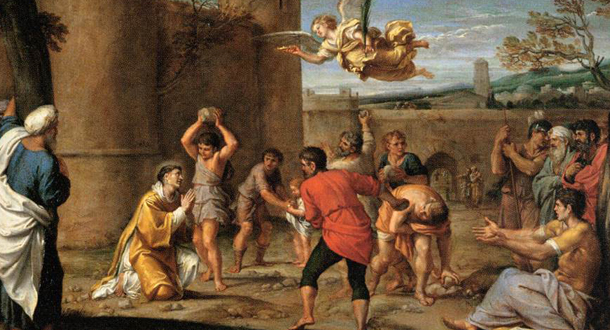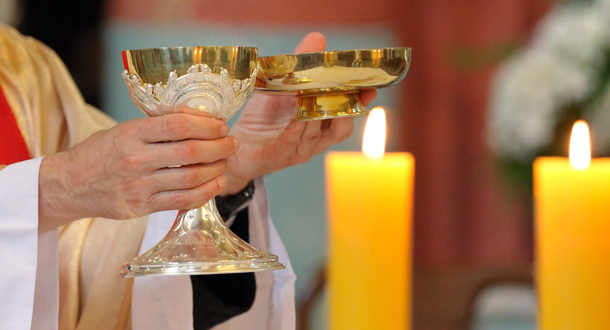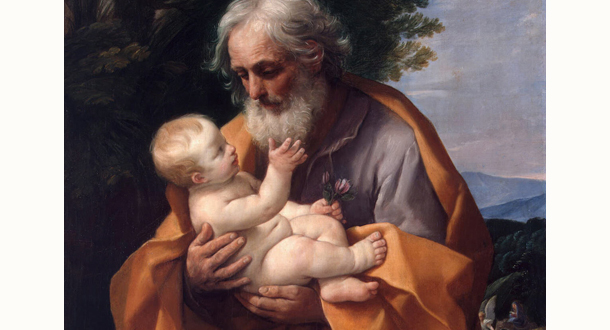Reflection:
Problem of Grumbling
On hearing it, many of his disciples said, “This is a hard teaching. Who can accept it?” Aware that his disciples were grumbling about this, Jesus said to them, “Does this offend you?” Jesus was not pleased with grumbling. God never was. There is a long Biblical tradition about the evil of grumbling. There is something of a menacing note about murmuring or Lun in Hebrew. The word can mean growling. It reminds me of an old bird dog we had as kids named “Spotty”. It was the most peaceful dog I ever met except at dinner time. When his food was there and one got too close to it, he would growl a most ominous sound.
Grumbling is complaining against God and his plans for us. It is an insult against the Lord accusing Him of not knowing what He is doing. Even worse it is a petulant denial of His loving intentions towards us. Complaining is an unmistakable sign that my will and interests are wiser and more important than God’s plans. Grumbling stops our spiritual journey to God. In Scripture, Jewish complaints blocked the Israelites from entering the promised land. “How long will this wicked community grumble against me? I have heard the complaints of these grumbling Israelites. So tell them, ‘As surely as I live, declares the Lord, I will do to you the very things I heard you say: In this desert, your bodies will fall-every one of you twenty years old or more who was counted in the census and who has grumbled against me.” Num 14:27
In the New Testament, they grumbled at the love and mercy Jesus showed to Zacchaeus Luke 19. In today’s reading, they complained against the Eucharist. How could Jesus give his body to eat? They know more than the Lord. They reject the Eucharist because in their arrogance they reject the way of the Lord.
We in our grumbling are like the little girl who prayed: “O God, thank you for my new baby brother, but I prayed for a new puppy”.
Fr. Bob Weiss, C.P. preaches Parish Missions and is a member of the Passionist Community in Louisville, Kentucky.


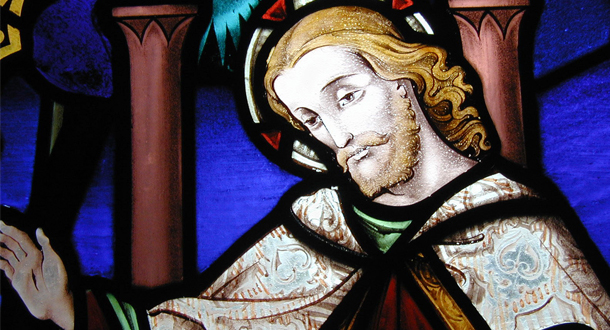
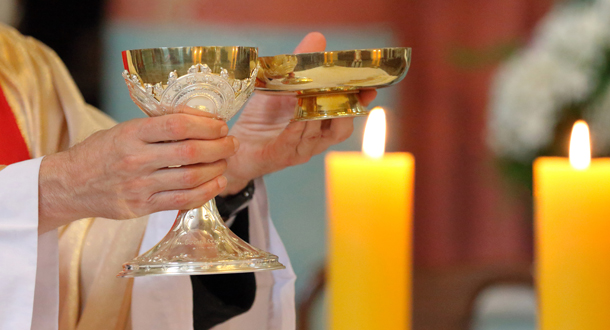 Scripture:
Scripture: